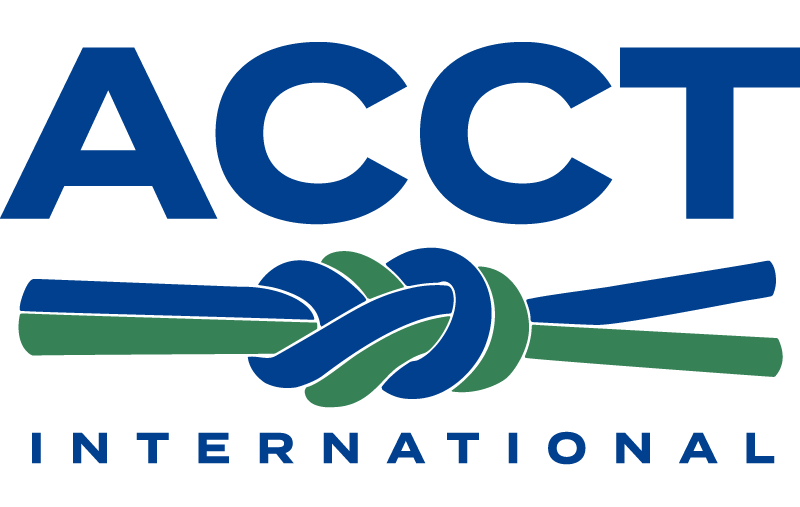Categories Utilized in the Inspector
Certification Exam
Certification Exam
The Inspector Certification program utilizes a different exam for each level and track. Below are the categories you could expect to see incorporated in each level.
General Terminology: Common definitions from ANSI/ACCT standards
Math: Conversions and basic math equations may need to be performed during inspections.
Spatial Skills: Interpreting design drawings and determining if what is built matches the drawing.
Standards (ANSI/ACCT, ACCT, ASTM, and other relevant standards): Questions related to standards are to test the applicant’s knowledge and interpretation.
Documentation: In relation to the ANSI/ACCT standards, these questions are specific to documentation requirements outlined in the ANSI/ACCT standards.
Inspection Process: Different inspection processes that occur during different types of inspections.
Modifications to Courses: To test the understanding of construction and inspection processes when a course or element is structurally or operationally changed from its original design.
Reading Plans/ Blueprints/ Diagrams/ Charts: Many courses utilize drawings as part of the design process. These drawings are continually referred to and interpreted throughout the life of the element.
Hardware Inspections (Construction Materials): Exams utilize pictures to assess an inspector’s decision-making skills as it relates to the construction component’s pass/fail criteria.
Equipment Inspections (PPE): Exams utilize pictures to assess an inspector’s decision-making skills as it relates to the equipment component’s pass/fail criteria.
Tools & Techniques: Exams utilize pictures and descriptions to assess an inspector’s decision-making skills as it relates to tool component’s pass/fail criteria.
Mechanical Systems: Mechanical systems use power to apply forces and control movement to perform an intended action. The exam utilizes diagrams to test the knowledge of how the systems function.
Welding, Hydraulics & Electrical: Testing an inspector’s knowledge and understanding of symbols found in blueprints and drawings related to welding, hydraulics, and electrical.
